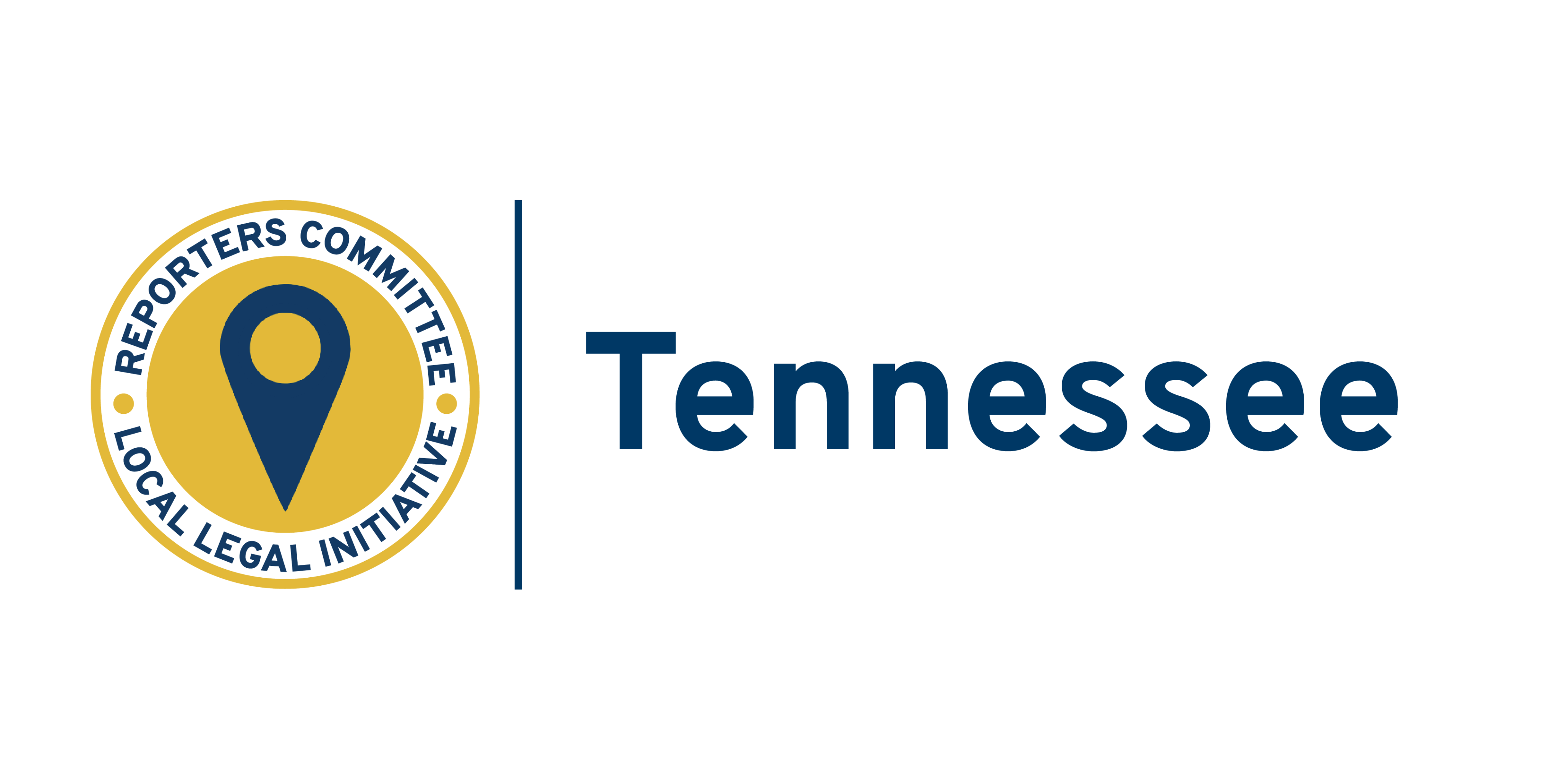Tennessee Valley Authority must disclose executives’ salary records

A federal agency that provides power to roughly 10 million people in the Tennessee Valley must disclose the salaries and compensation information of its regional vice presidents, a federal district court ruled last week.
The ruling by the U.S. District Court for the Eastern District of Tennessee is a victory for journalist Marc Perrusquia, who sued the Tennessee Valley Authority for the salary information last year with free legal support from Paul McAdoo, the Reporters Committee’s Local Legal Initiative Attorney for Tennessee.
In a decision issued on Sept. 27, U.S. District Judge Ronnie Greer concluded that the public’s interest in accessing the salary records outweighed the privacy interests of the Tennessee Valley Authority’s four regional vice presidents.
The Tennessee Valley Authority “provides power to 153 local power companies … which then distribute that power to retail customers. Said retail customers, the public, have an interest in information related to the reliability and affordability of their public utilities,” Judge Greer wrote in his 15-page opinion. “One need look no further than the large-scale health and safety issues caused when public utilities fail their customers to understand why citizens have an interest in the inner workings of public utility providers like [the Tennessee Valley Authority] and how their top decisionmakers are compensated relative to spending in other areas.”
Perrusquia first requested the salary information back in January 2022. In response, the Tennessee Valley Authority originally cited two federal Freedom of Information Act exemptions in seeking to withhold the records: Exemption 5, which protects attorney-client communications and inter- and intra-agency memos, among other information, and Exemption 6, which protects records that involve personal privacy.
After Perrusquia sued the agency last year, the Tennessee Valley Authority dropped its arguments concerning Exemption 5, leaving it to the court to decide whether the privacy interests of the agency officials were strong enough to justify shielding their salary information from the public. In the eyes of the court, they were not.
“[W]hile the Court agrees with Defendant that any private document subsequently made public is, by technical definition, an ‘invasion of privacy,’ this idea must be viewed contextually,” Judge Greer wrote in his opinion. “Allowed to proceed unchecked, any entity subject to FOIA could take any information out of the public sphere simply by declaring it private, rendering its subsequent disclosure an ‘invasion of privacy.’”
The judge added that “there is nothing in the record to suggest that any harassment or embarrassment is likely or would result from disclosure of the Regional Vice Presidents’ salaries.”
The decision wasn’t a complete win for Perrusquia, however. The judge said he would allow the Tennessee Valley Authority to redact the names of the employees, as well as “similar identifying information from the provided documents, since this is private information that reveals little about Defendant’s conduct as a corporate agency of the federal government.”
In an interview with the Institute for Public Service Reporting at the University of Memphis, which he directs, Perrusquia called the ruling “a major victory for the public and for freedom of information,” though he expressed misgivings about the judge’s decision to allow the redaction of names and other identifying information.
“The public has a right to know how much the federal government pays its executives,” he said. “This is no less true for TVA, whose dams and infrastructure were built with millions and millions and millions of taxpayer dollars, and is often the focus of critics who contend it overspends, resulting in higher electric rates.”
A Tennessee Valley Authority spokesman told the Institute for Public Service Reporting that it “is still evaluating the Court’s opinion and cannot comment further at this time.”